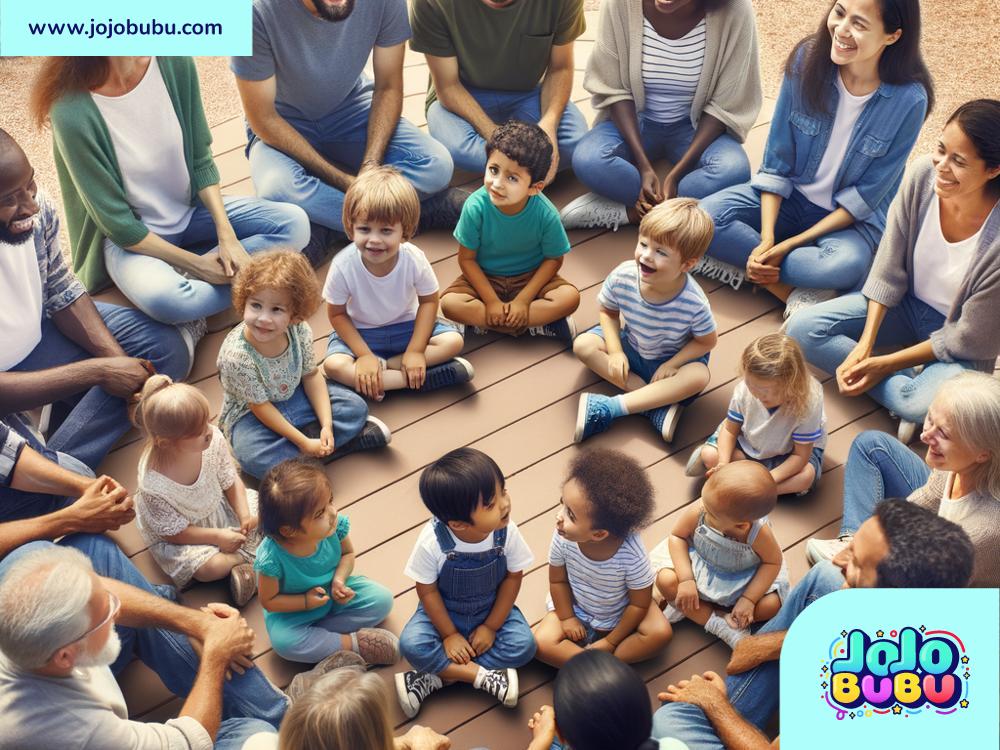Embracing Personality Differences: Why They Matter and How We Can Celebrate Them
Have you ever noticed how even your closest friends or family members don’t always think, feel, or act the way you do? Some people are outgoing and love to socialize, while others prefer to stay quiet and spend their evenings reading or watching movies alone. Some make decisions quickly, while others take time to weigh every option carefully. These differences come down to personality—those unique traits that shape how we interact with the world—and learning to embrace them is one of the keys to building happier and healthier connections.
In this blog, let’s talk about why personality differences are important, why they sometimes cause challenges, and how we can learn to celebrate them.
What Are Personality Differences?
Think of personality as the "custom settings" each of us is born with. It includes traits that influence how we think, act, and feel. Some of these traits come naturally, while others develop as we grow up.
For example, one person might be very talkative and outgoing—the kind of person who loves meeting new people and sharing ideas. Another might be quiet and prefer to observe before speaking. Neither personality type is better or worse; they’re simply different. Other traits, such as whether someone likes to plan ahead or go with the flow, also make up their unique personality.
There are countless combinations of personality traits, which is why everyone we meet adds something special to our lives.
Why Personality Differences Matter
If everyone were the same, life would be pretty boring. Imagine if all your friends had the exact same hobbies, opinions, and habits as you. There wouldn’t be new perspectives to learn from or interesting debates to have. Personality differences make life colorful by helping us see the world in fresh ways.
Here’s why celebrating these differences matters:
-
Learning from One Another: Personality differences allow us to share ideas and grow. A person who loves structure, for instance, can teach their free-spirited friend how to set goals and stay organized. On the flip side, the easygoing friend can encourage the planner to relax a little and enjoy the moment.
-
Teamwork and Collaboration: In groups, varied personalities often create balance. Creative thinkers bring new ideas, while logical problem-solvers help turn those ideas into reality. If everyone in a group thought the same way, it could limit possibilities. Differences are an essential ingredient for innovation and success.
-
Empathy and Connection: Learning to understand personalities different from our own helps us build stronger relationships. It reminds us to be patient and open-minded, knowing that what works for one person might not work for another—and that’s okay.
Handling the Challenges of Personality Differences
While differences can be beautiful, they sometimes bring challenges. Misunderstandings can arise when people don’t recognize or appreciate each other’s ways of thinking and behaving. For example, if someone who loves conversation tries to engage with a quieter person, they might mistakenly think the silence means disinterest—when it’s likely just a personality difference.
Here are some tips for navigating personality differences in everyday life:
-
Practice Patience: If someone doesn’t react the way you expect, take a step back before assuming anything. Remember that they’re wired differently, and their responses are shaped by their personality.
-
Communicate Clearly: When working with or spending time with people whose personalities differ from yours, don’t be afraid to ask questions or share how you feel. Communication helps clear up confusion.
-
Avoid Judgments: No personality is "better" than another. Resist the urge to think someone is wrong just because they approach a situation differently. Instead, ask yourself how their perspective might teach you something new.
-
Find Common Ground: Even if personalities differ, there are often shared interests or values that connect us. Focus on these commonalities to strengthen relationships.
Celebrating Personality Differences
Now that we understand the importance of personality differences and how to address challenges, let’s talk about ways to celebrate them. To embrace differences fully, we must move beyond tolerating them and actually appreciate what they bring to our lives.
Here are some ideas for celebrating personality differences:
-
Get Curious: Take time to learn about personalities different from your own. You could read up on personality types (like the Myers-Briggs Type Indicator or Enneagram) or simply ask someone about their preferences. The more you understand, the easier it becomes to value.
-
Appreciate Strengths: Instead of focusing on differences as “quirks,” try to see them as strengths. For example, someone who’s serious and detail-oriented might be great at catching mistakes others miss, while a carefree personality might excel at easing tension in stressful situations.
-
Try Their Approach: Step outside your comfort zone and see the world through someone else’s lens. If you’re a planner, try letting a spontaneous friend take the lead for once. If you’re shy, challenge yourself to engage with a more outgoing person.
-
Celebrate Diversity as a Group: Whether it’s friends, coworkers, or family, create spaces where everyone feels their personality is valued. Encourage people to share their thoughts openly, and work together to leverage each other’s strengths.
Final Thoughts
Embracing personality differences isn’t always easy, but it’s worth the effort. It teaches us empathy, broadens our perspectives, and helps us create richer relationships. Instead of seeing differences as obstacles, let’s view them as opportunities to grow and connect. When we celebrate the unique personalities around us, we make the world a more accepting and vibrant place.
So next time you encounter traits that are “different,” take a moment to appreciate them. After all, life is more exciting when everyone’s authentic personality shines.

